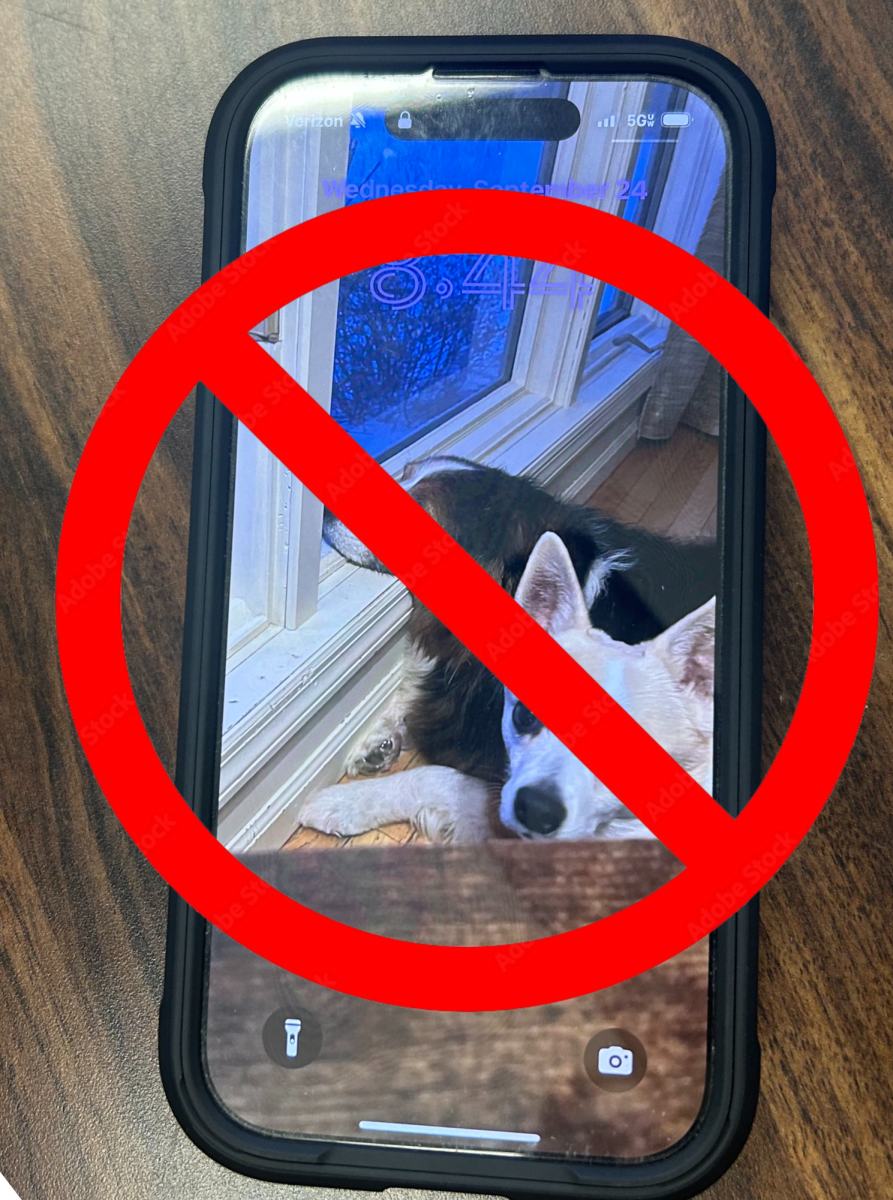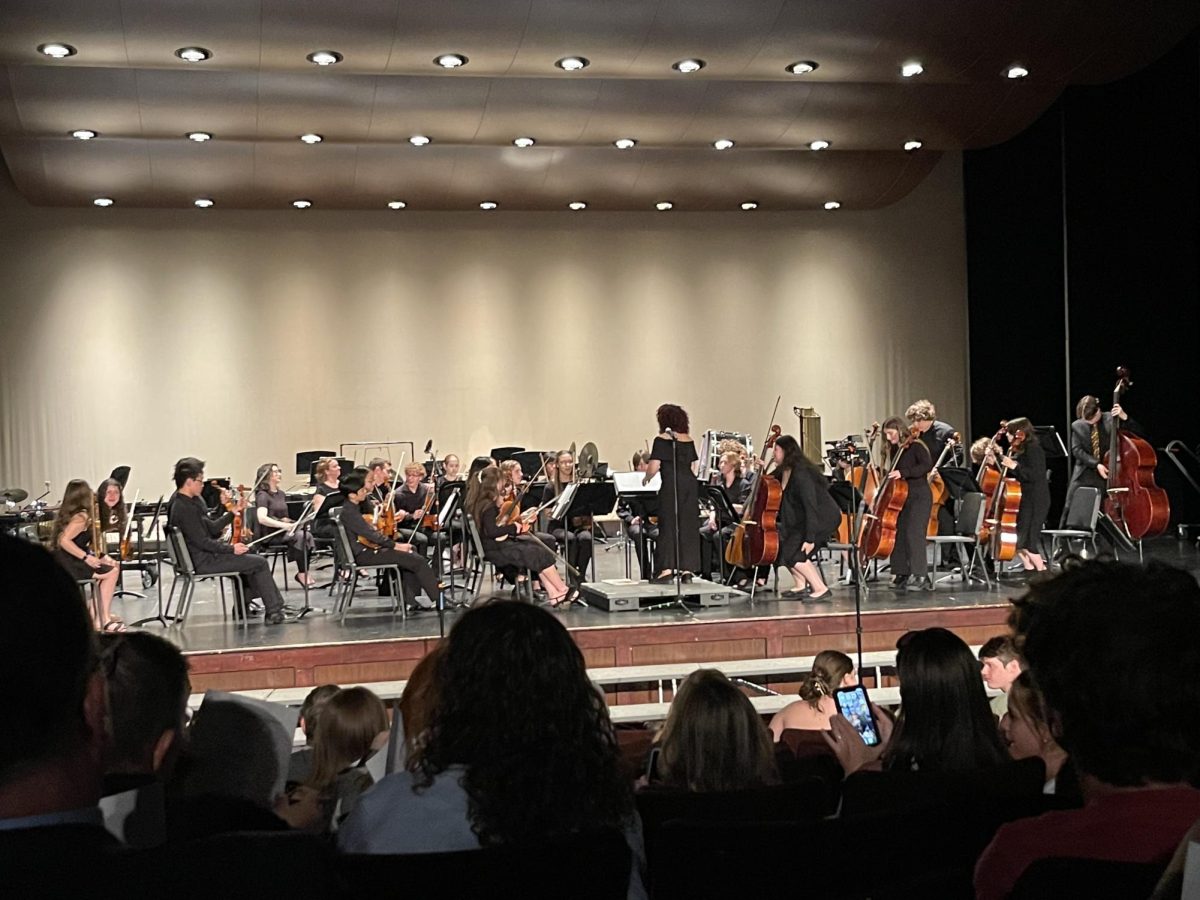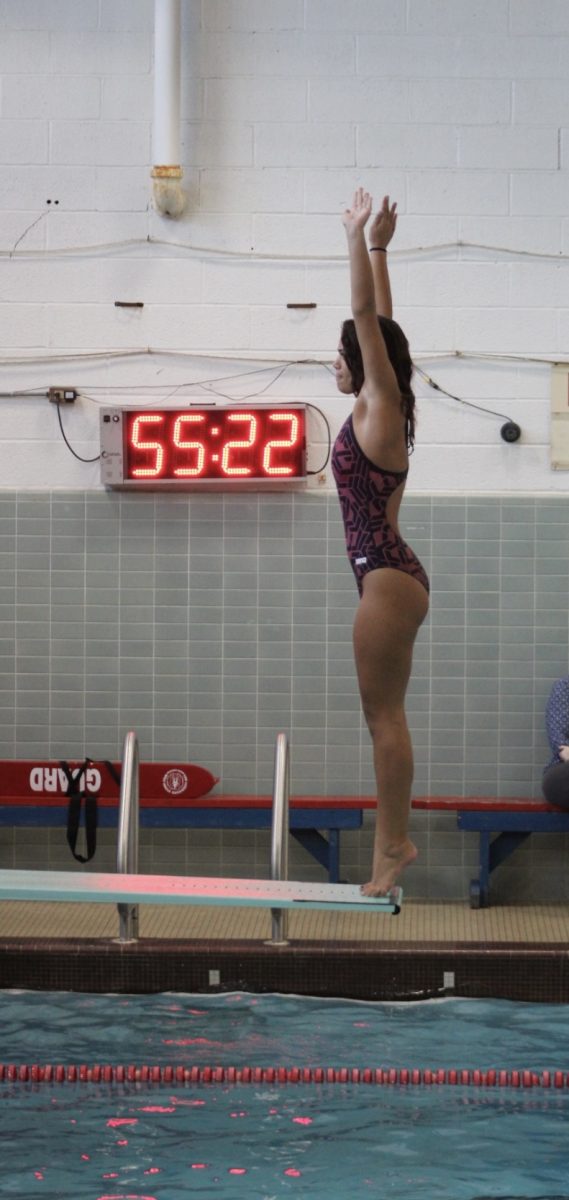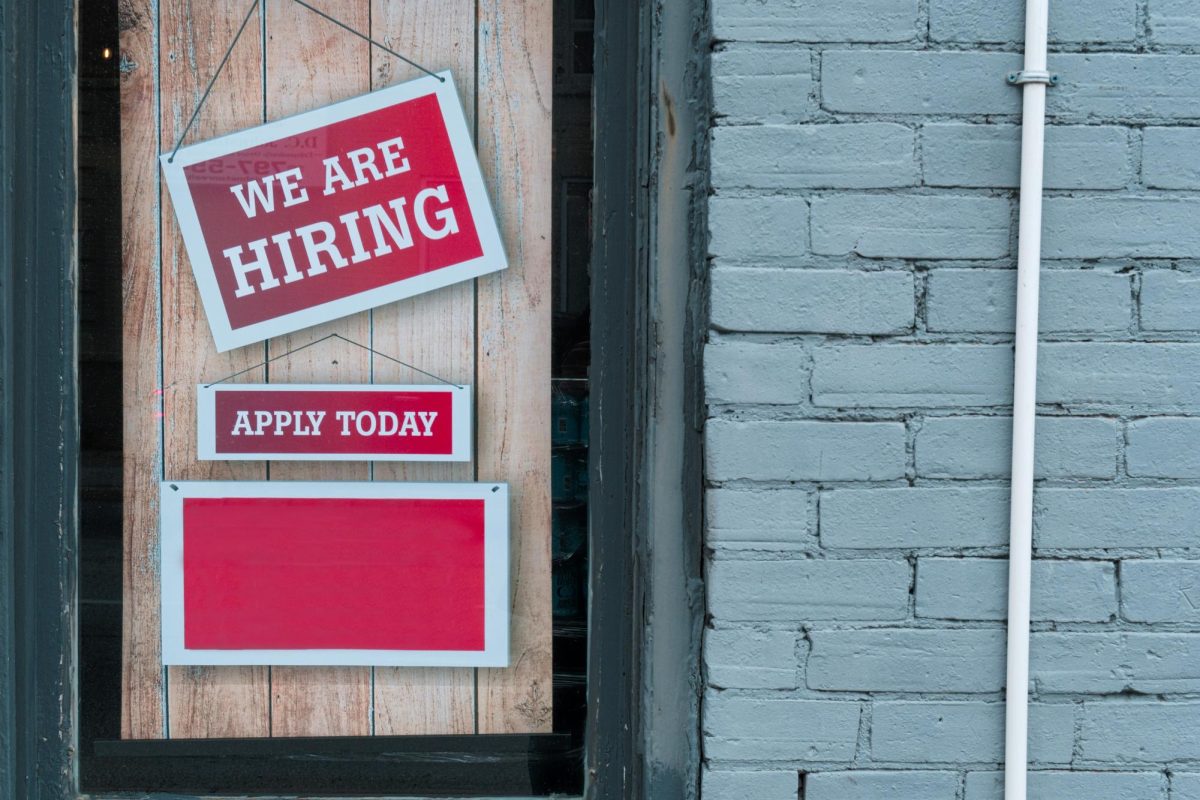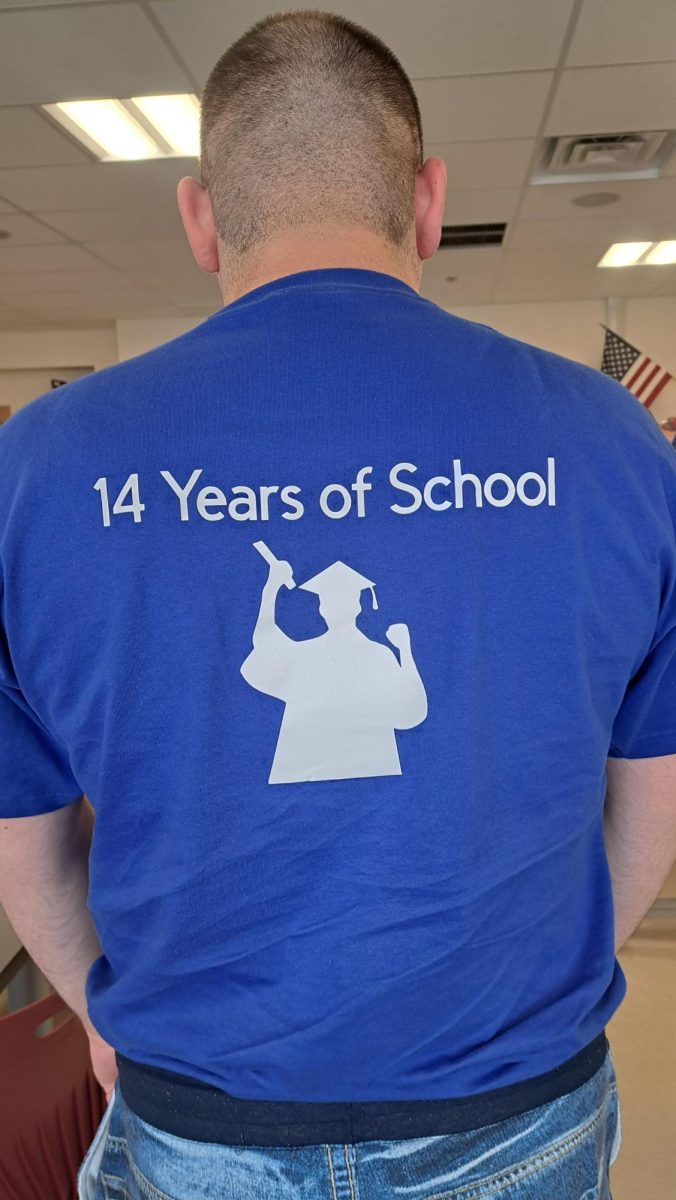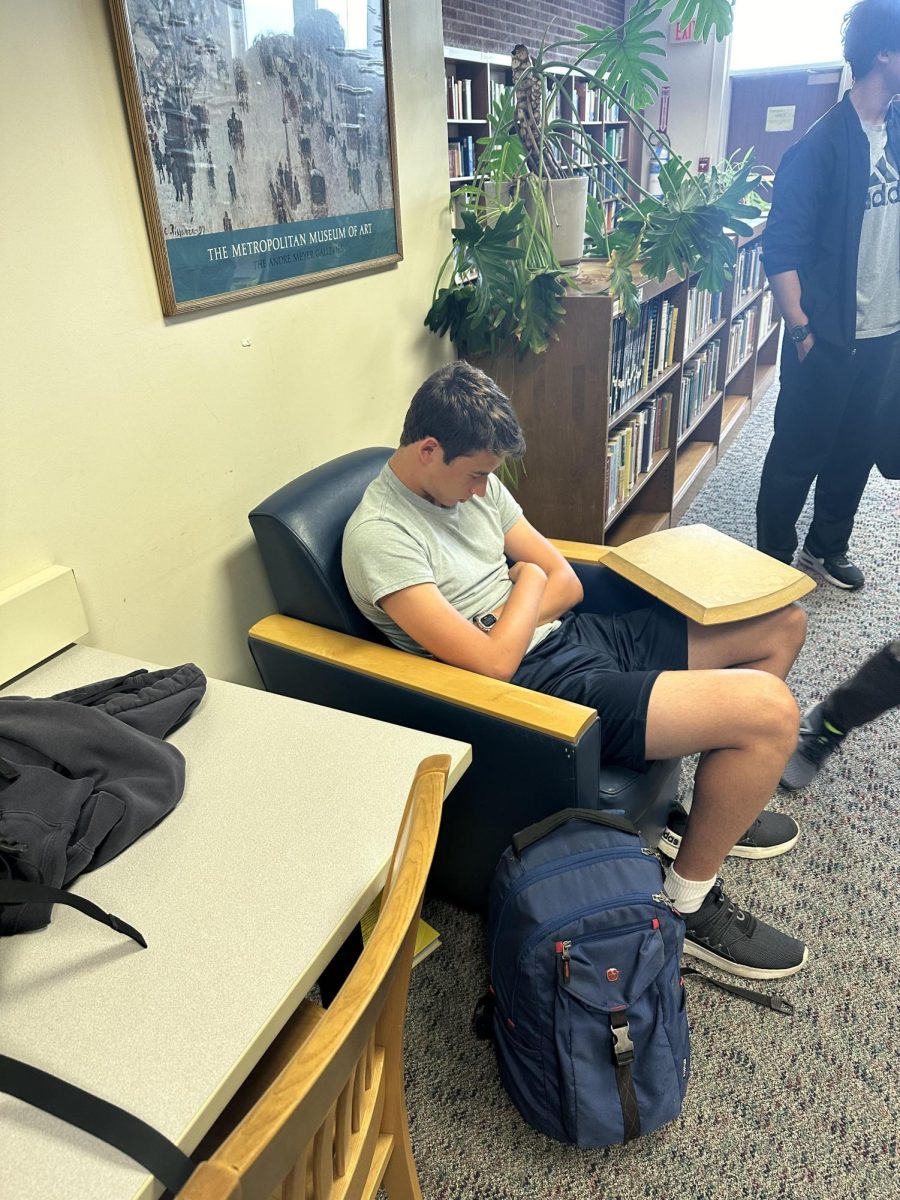In high school students 72.7% reported insufficient sleep with 20% sleeping for less than 6 hours, according to the American Psychological Association
Ever get up in the morning and just feel bad? Don’t worry, you aren’t alone. Research shows that teens need 8-10 hours of sleep each night, a number that seventy seven percent of teens report they don’t get. Lack of sleep is a pressing issue as more and more students seem to get less and less sleep each year leading to problems in attention span and work ethic. However, there are a couple of potential solutions, one of these being pushing back the clock and starting school later. There are multiple studies from the American Psychological Association that show an overall increase in health, well-being, and overall productivity in highschoolers when school start times are pushed back by even just an hour.
Students in our school seem to agree with pushing back start times. Donovan Mirabal, a senior at New Hartford, says he supports starting school after 8:30 “as it would leave more time in the morning to get ready and catch up on sleep.”
This seemed to be a common consensus among students as another senior at the high school, Leo Jiang, said, “I would change the start, but not by much because I don’t want to stay later in the day.”
Leo brings up a good point: moving back the school start time would also lead to end times being shifted since New York state requires 990 hours of instruction per school year. This means each day must include approximately 5.5 hours of instruction time. If School started an hour later at 8:45, it would have to end around 3:20 which could lead to potential issues with after school extracurriculars like sports and clubs.
“I feel it wouldn’t make too much of a difference as there is still a lot of time after school available for free time and extracurriculars. Additionally extracurriculars should be reserved for people that are able to both manage their studies with spare time for other activities, hence why they are called EXTRAcurriculars,” Donovan said.
Donovan raises good points as there would still be a lot of time after school for relaxation and extracurriculars with at least 7-8 hours of time still being allotted after school for students to participate in activities and get a good night’s sleep. This poses little to no change in how much time students have after school under the current hours of operation. Additionally, the shift in time would be better for students as they would have a lot more time to do things in the morning.
Other states have also addressed this issue with California and Florida passing laws to have high school start after 8:30. This is a good idea as info from researchers Meltzer and Wahlstrom (Sleep, Vol. 44, No. 7, 2021) shows that while students sleep in later, they still go to sleep at the same time as when school started earlier. This is due to teens’ circadian clocks which make them more prone to going to sleep later. Part of the difficulty in making these changes is that parents often don’t want start times to change since if they drive them to school they are forced then to get a later start to their day and it may conflict with work.
However, in an article by the American Psychological Association they report “evidence suggests that pushing back the first bell can benefit teachers’ and parents’ sleep, too.”
Also students can simply take buses, a public service offered for free for all students instead of having to drive.
“I feel pushing back start times would really help people that take the bus as they often are forced to wake up at ungodly hours in order to catch the bus and prepare for school,” Leo Jiang says.
This point can’t be contested as many buses come quite early in order to pick up everyone and make it to the school on time with some coming as early as 6:45 AM and extra time in the morning could help students on these buses to feel better and more productive. Therefore, pushing start times back would lead to better grades and more focus from students during class all due to a simple one hour change.



